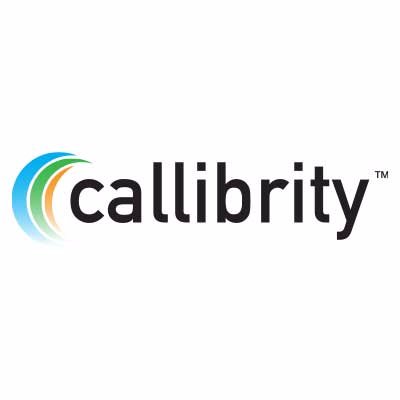AI is a hot topic these days, and with all the buzz comes a fair share of myths and misconceptions. Our resident AI expert, Mary Grygleski, is here to set the record straight on some of the most common myths about AI—and the truth behind them.
Myth 1: AI Will Take Our Jobs
There’s a lot of worry that AI will make human employees obsolete, replacing them with machines that are faster, cheaper, and tireless.
Mary's take: AI won’t take away our jobs—it will change them.
While it's true that some roles may be modified or phased out, new jobs are already emerging in AI-related fields. We’re seeing the rise of roles like Prompt Engineers, AI Auditors, and GenAI Designers to name a few. It’s a transformation, much like during the Industrial Revolution. Yes, some older jobs faded away, but new ones were created to meet evolving needs. The key is to embrace these changes, keep learning, and position us for the new opportunities AI brings. I encourage everyone to get involved in AI communities and stay curious!
Myth 2: AI Is Unethical and Biased
People worry that AI could perpetuate biases or worsen inequalities in critical areas like hiring or lending.
Mary's take: Bias in AI is a human issue, and we’re responsible for fixing it.
AI doesn’t generate biases on its own—it’s a reflection of the data it’s trained on. This is why it’s essential for diverse, well-represented teams to be involved in AI development. We need a collaborative approach involving technologists, policymakers, and ethicists to ensure that AI systems serve everyone fairly. With proper bias testing and ongoing audits, AI can actually be a force for promoting equity rather than reinforcing existing inequalities.

Myth 3: AI Is Too Complex to Understand
Many people think AI is such a complex concept that it’s impossible for the average person to grasp.
Mary's take: AI is complex, but it’s not beyond comprehension.
While AI systems can be intricate, their core principles are accessible if explained well. It’s similar to how we don’t need to know every detail of how a smartphone works to use it effectively. The key here is education. We all—especially those of us in tech—need to take responsibility for spreading clear, understandable information about AI. When we demystify AI, we make it easier for people to engage with and benefit from this powerful technology.
Myth 4: AI Will Be Used for Malicious Purposes
There’s fear that AI could be weaponized, leading to cyberattacks or even autonomous weapons.
Mary's take: The risk of misuse comes from human intentions, not AI itself.
Like any technology, AI can be used for good or ill—it depends on how it’s applied. This highlights the need for robust safeguards and ethical guidelines. By involving experts from multiple fields (tech, policy, ethics, etc.), we can design AI systems that have checks in place to prevent malicious uses. Most AI systems are developed with positive applications in mind, but it’s up to us to ensure they are used responsibly.
Myth 5: AI Will Become Superintelligent and Rebel Against Humans
Some worry that AI will one day surpass human intelligence and act against us.
Mary's take: We’re far from AI surpassing human intelligence.
Right now, AI excels in specific tasks, but it doesn’t possess the general intelligence (AGI) required to match or surpass humans in all areas. Think of it like the early days of flight: the Wright brothers’ plane was impressive, but it took decades before we could fly across the ocean. Similarly, we’re years away from achieving AGI, if we ever do. So, while it’s important to be mindful of ethical considerations, fears of AI “taking over” are unfounded.
Myth 6: AI Will Invade Our Privacy
AI’s data-crunching power, combined with its perceived opacity, makes people nervous about surveillance and privacy.
Mary's take: AI can impact privacy, but there are ways to protect ourselves.
AI systems do handle vast amounts of data, which is why privacy protections are crucial. Strong regulations, transparency in how AI collects and uses data, and privacy-preserving techniques can all help ensure that AI works for us without compromising our personal information. It’s all about balancing innovation with safeguarding user privacy.
Myth 7: AI Is Creepy and Uncanny
Some people find AI unsettling, especially when it mimics human behavior too closely.
Mary's take: The ‘uncanny valley’ is more about perception than reality.
The discomfort some feel when AI behaves almost—but not quite—like a human is known as the "uncanny valley." While this psychological reaction is real, most AI systems aren’t trying to replicate humans; they’re designed to augment human capabilities. AI tools exist to enhance our lives, not replace or mimic us. So, let’s focus on the ways AI can help us rather than the eerie factor.
Final Thoughts
The myths surrounding AI are just that—myths. By understanding the truth behind these misconceptions, we can better embrace the future of AI and the positive changes it can bring. If you’re curious to learn more or have questions about AI, don’t hesitate to reach out. We’re here to help guide you through the world of AI with clarity and confidence.
